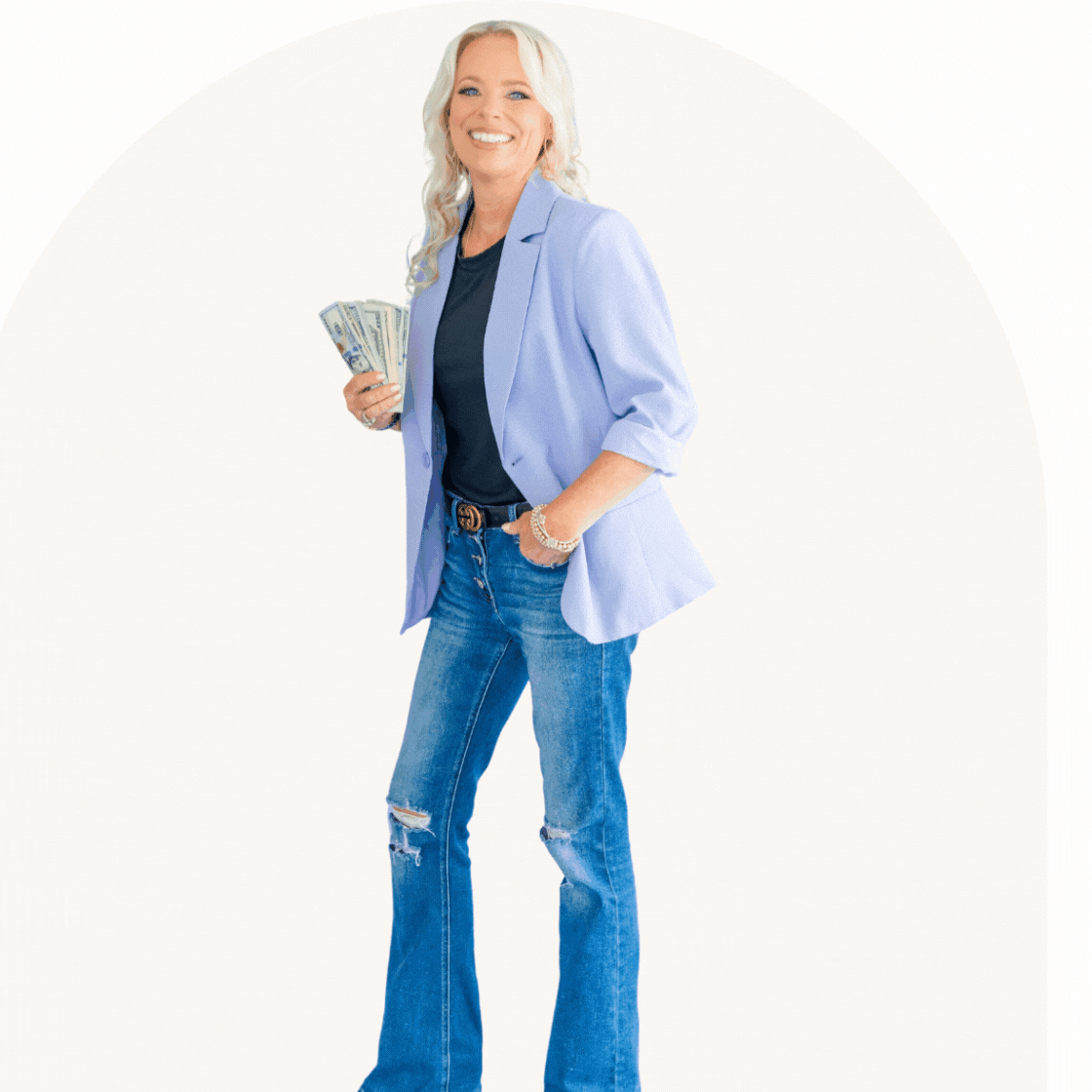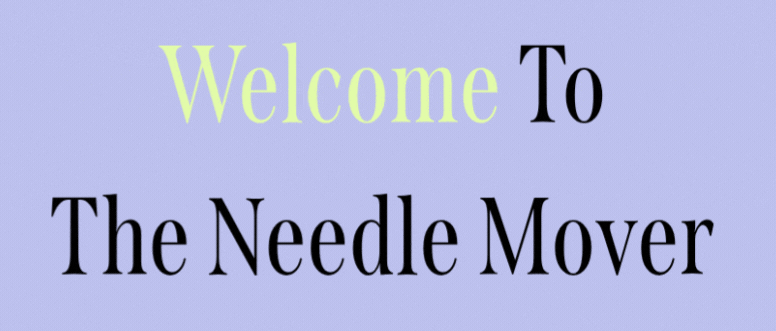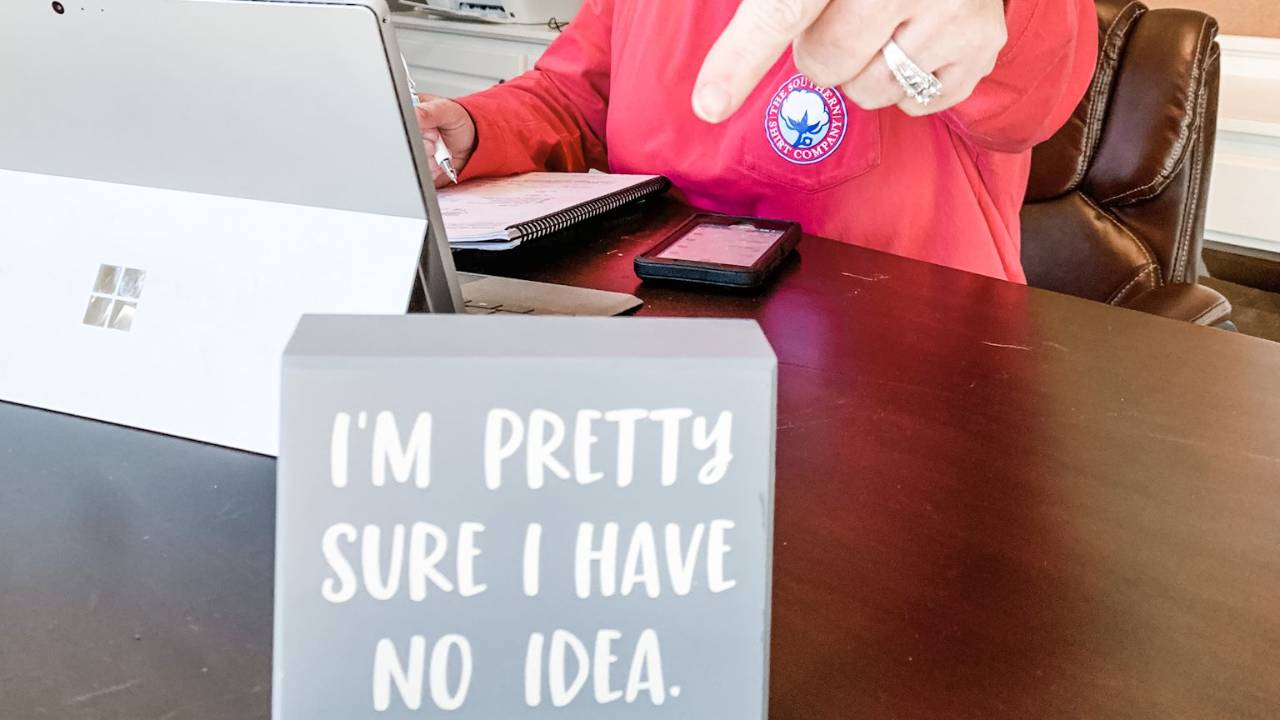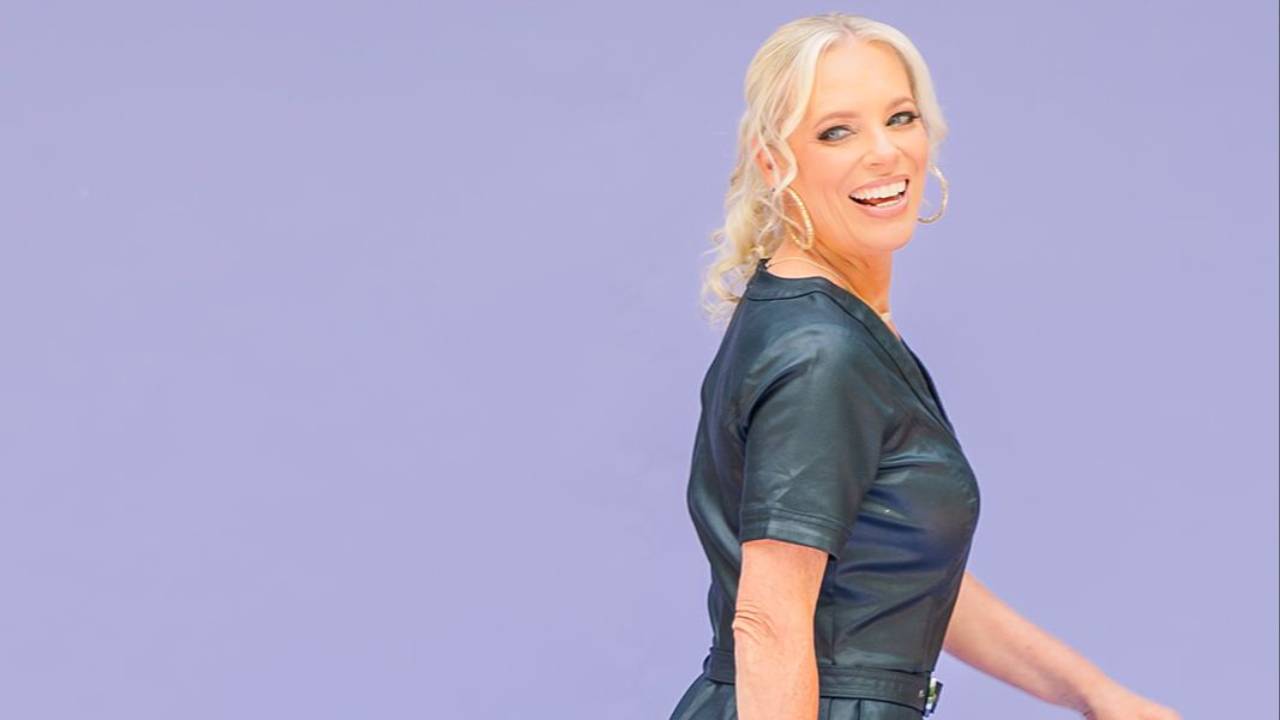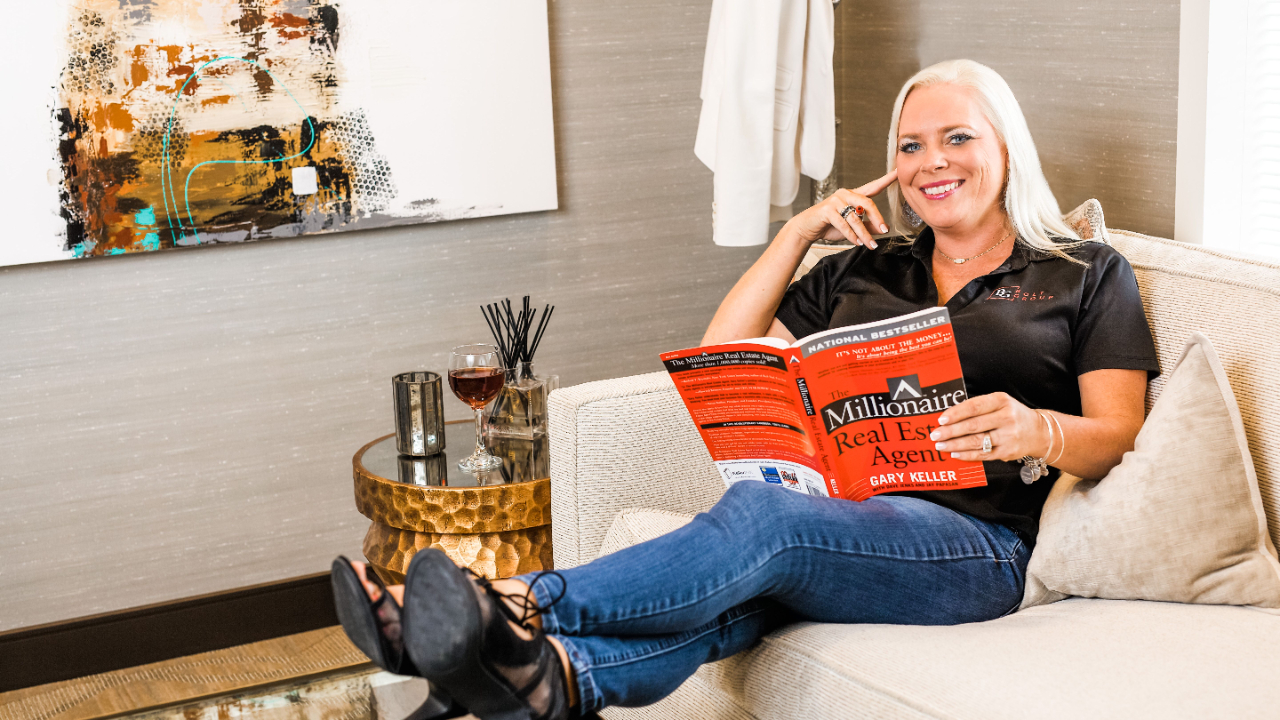From $56M Real Estate Empire to Door Dash Driver: What I Learned About Transferable Skills (And Why Your Success Wasn't a Fluke)

From $56M Real Estate Empire to Door Dash Driver: What I Learned About Transferable Skills (And Why Your Success Wasn't a Fluke)
TL;DR: Most entrepreneurs think their skills are industry-specific when they're actually human-specific. Here's the framework that transforms "I have no transferable skills" into "I can succeed anywhere."
The moving truck had just pulled away from my old life.
I'd officially walked away from a real estate empire that most people spend decades trying to build. No more luxury listings. No more six-figure commission checks. No more being the top agent everyone looked up to.
And I was absolutely terrified.
Not about the money—I'd saved enough to give myself time to figure things out. I was terrified because I genuinely believed I had no transferable skills.
Real estate felt like such a specific thing.
I knew how to stage homes and negotiate contracts and manage difficult personalities during emotional transactions. But digital entrepreneurship? Online business? That felt like a completely different language.
I remember sitting at my kitchen counter, laptop open, scrolling through job postings and thinking: "Maybe I should just become a Door Dash driver."
I'm not even kidding. That thought actually crossed my mind.
Here I was, someone who had built a $56 million portfolio, and I was convinced that delivering food might be my most realistic career option.
The Identity Crisis Disguised as a Career Crisis
Here's what I didn't realize then: I wasn't having a career crisis. I was having an identity crisis.
My worth had become so tied up in being "the real estate woman" that I couldn't see myself as anything else. And when I couldn't see myself clearly, I definitely couldn't see my value.
This isn't a "follow your passion" post. This isn't about burning everything down and starting from scratch. This is about strategic skill translation—taking what already works and applying it intentionally.
After working with 200+ entrepreneurs making this transition, I've identified a pattern. The same pattern that kept me staring at Door Dash applications instead of building the business I have today.
The problem isn't that your skills don't transfer. The problem is that you're looking at the wrong layer of skills.
The 4 Levels of Transferable Skills Framework
Most people get stuck at Level 1, thinking their surface skills ARE their only skills. But your real value lives in Levels 3 and 4.
Level 1: Surface Skills (Industry-Specific)
These are the tactical, industry-specific abilities:
- Real estate contracts and staging
- Specific software platforms
- Industry jargon and regulations
- Technical certifications
Reality check: These skills DON'T transfer. And that's okay—they're not supposed to.
Level 2: Process Skills (How You Work)
These are your operational patterns:
- Project management approach
- Communication rhythms
- Quality control systems
- Workflow optimization
Transfer rate: 60-70%. Your process for managing complex deals translates across industries.
Level 3: People Skills (Human Dynamics)
These are your relationship abilities:
- Reading what people really need (vs. what they say they need)
- Building trust quickly with strangers making big decisions
- Having difficult conversations that need to happen
- Managing personalities during high-stress situations
Transfer rate: 85-90%. Humans are humans, regardless of industry.
Level 4: Pattern Skills (Results You Create)
These are your consistent outcomes:
- Helping people make confident decisions during uncertainty
- Simplifying complex processes so people feel supported
- Creating predictable results in unpredictable situations
- Building systems that work without micromanagement
Transfer rate: 95%+. These patterns follow you everywhere.
The Skills That Actually Made Me $56 Million
The voice in my head was relentless:
- "You only succeeded in real estate because it was relationships and referrals. That doesn't work online."
- "Everyone online is so much younger and more tech-savvy. You're behind the times."
- "What if your success was just a fluke? What if you can't do it again?"
Sound familiar?
But here's what I couldn't see during those Door Dash contemplation days:
The skills that made me successful in real estate weren't industry-specific. They were human-specific:
✅ Reading people and understanding what they really needed (not what they said they needed)
✅ Building trust quickly with strangers who were making huge financial decisions
✅ Managing multiple moving pieces and keeping everyone calm during chaos
✅ Creating systems that worked without me having to micromanage every detail
✅ Having difficult conversations that needed to happen for everyone's benefit
None of that was about real estate. That was about understanding people, building relationships, and solving problems.
What My Clients' Data Reveals
I track every client's "before and after" skills inventory. The data shows that 87% of transferable skills are in the relationship and systems categories, not the technical ones.
Sarah's Story: Went from corporate HR to building a $200K coaching business. The skills that made her excellent at employee negotiations? Those same skills now help her clients navigate difficult business partnerships.
Maria's Pattern: Transitioned from event planning to digital marketing agency. Her ability to coordinate multiple vendors and manage client expectations under pressure? That became her superpower for managing complex marketing campaigns.
The Pattern: Their success wasn't industry-dependent. It was pattern-dependent.
How to Audit Your Transferable Skills (4-Week Framework)
When you're in the middle of reinventing yourself, you can't see the forest for the trees. All you can see is what you're leaving behind, not what you're bringing forward.
Here's the systematic approach I use with clients:
Week 1: Results Audit
Don't list what you DID. List what you ACHIEVED.
- What consistent outcomes did you create?
- What problems did you solve repeatedly?
- What results could clients count on from you?
Week 2: Pattern Identification
Look for your recurring approaches:
- How do you typically build relationships?
- What's your default problem-solving method?
- How do you handle conflict or resistance?
- What systems do you naturally create?
Week 3: Market Application Research
Identify where these patterns are needed:
- What industries struggle with your core problems?
- Who pays premium prices for your type of results?
- Where are your patterns undervalued or missing?
Week 4: Messaging Development
Translate your patterns into market language:
- Reframe industry jargon into universal benefits
- Connect your results to their desired outcomes
- Position your approach as the solution to their frustration
The Breakthrough That Changed Everything
The breakthrough came when I stopped trying to directly translate my real estate experience and started paying attention to the results I'd always created:
I helped people make confident decisions during uncertain times. I simplified complex processes so people felt supported, not overwhelmed. I built systems that created predictable outcomes in an unpredictable industry.
THOSE were my transferable skills. And they worked just as well online as they did in real estate.
Your success wasn't a fluke. It was a pattern. And patterns repeat—especially when you stop doubting them and start trusting them.
What I Wish I'd Known Then
Starting over doesn't mean starting from zero.
You're not throwing away decades of experience when you change industries. You're taking everything that made you successful and applying it to something that lights you up more.
Yes, you'll have new things to learn. Yes, there will be a learning curve. Yes, some days you'll feel like a beginner again.
But you're not a beginner. You're an experienced professional applying proven skills to a new arena.
The woman who closed million-dollar deals? She's still in there. The woman who managed difficult people and complex projects? She didn't disappear. The woman who built something from nothing? She's just getting started.
If You're Thinking About Door Dash...
Maybe you're where I was three years ago. Maybe you've built something impressive in one area and you're ready for more, but you're convinced your skills won't translate.
Maybe you're thinking your only options are staying stuck or starting completely over.
Let me save you some time: Your skills are more transferable than you think. Your success wasn't accidental. And you absolutely can do it again.
The question isn't whether you're capable—you've already proven that.
The question is whether you're willing to trust yourself enough to try.
Because the world needs what you're bringing to it. Even if you can't see it clearly yet.
After all, the same woman who thought about delivering tacos is now helping other women build businesses that change their lives.
Plot twist: The skills were always there. I just had to stop being afraid to use them.
Ready to Stop Second-Guessing Your Transferable Skills?
If you're in that terrifying space between "successful in one thing" and "starting something new," you're not alone. And you're definitely not broken.
The Messy Middle Mastermind is designed exactly for women who are ready to bridge that gap—who want to take their proven abilities and apply them to something that actually excites them.
We don't just help you identify your transferable skills. We help you package them into an offer that sells itself, build systems that scale without you, and create messaging that makes your ideal clients say "this is exactly what I need."
Ready to prove your success wasn't a fluke—it was just the beginning?
→ Apply for the Messy Middle Mastermind
Because delivering tacos was never really an option. You just needed to remember who you actually are.

